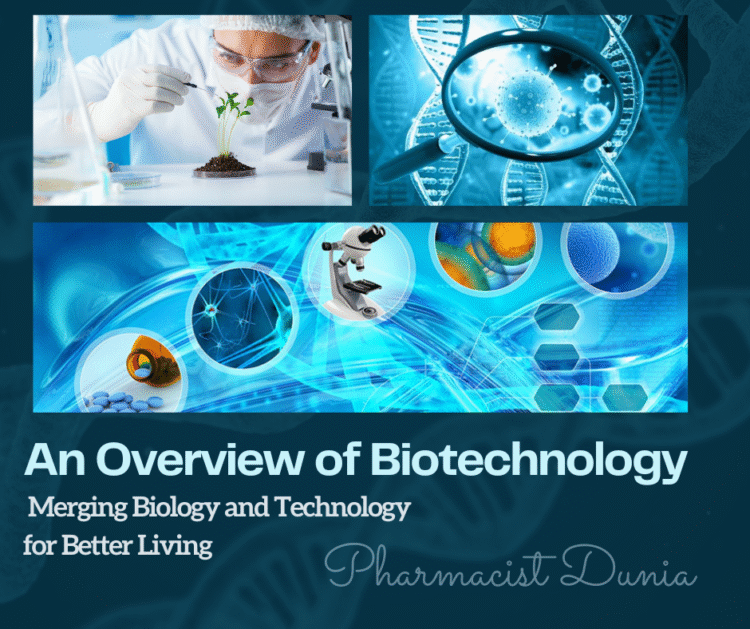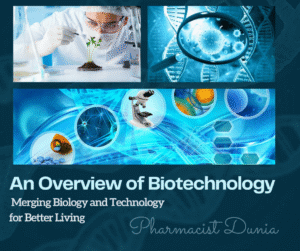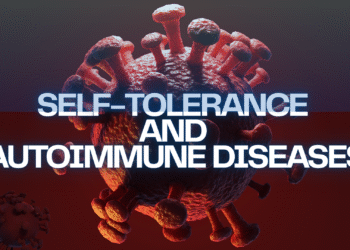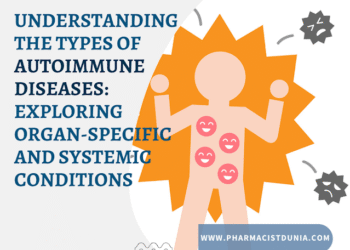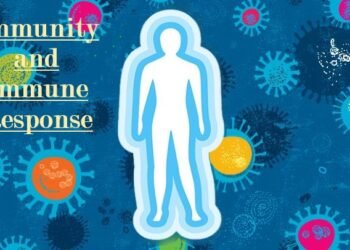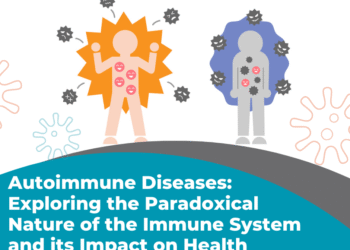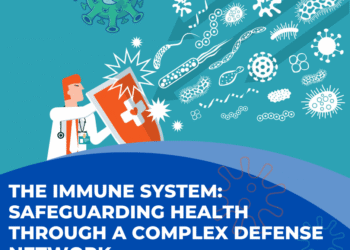Biotechnology is a rapidly evolving field that utilizes biological systems, living organisms, or derivatives thereof, to create new products and technologies for various industries. There are several areas of interest within biotechnology, each with its own unique applications and techniques.
1. Recombinant DNA Technology
Recombinant DNA technology involves the manipulation of genetic material to create new DNA sequences or modify existing ones. This technology has a wide range of applications, including the production of genetically modified organisms (GMOs), recombinant proteins, and gene therapy.
2. Hybridoma Technology
Hybridoma technology involves the fusion of antibody-producing B cells with immortal cancer cells to produce hybrid cells called hybridomas. These hybridomas can produce large quantities of monoclonal antibodies, which are used in various diagnostic and therapeutic applications.
3. Enzyme and Biocatalysts Technology
Enzymes and biocatalysts technology involves the use of enzymes and other biological catalysts to facilitate chemical reactions in industrial processes. This technology has a wide range of applications, including the production of biofuels, pharmaceuticals, and food products.
4. Plant Cell Culture
Plant cell culture involves the growth and manipulation of plant cells in a controlled environment. This technology has a wide range of applications, including the production of plant-based pharmaceuticals, plant breeding, and the preservation of rare or endangered plant species.
5. Animal Cell Culture
Animal cell culture involves the growth and manipulation of animal cells in a controlled environment. This technology has a wide range of applications, including the production of vaccines, recombinant proteins, and cell-based therapies.
6. Fermentation Technology
Fermentation technology involves the use of microorganisms to convert organic compounds into useful products. This technology has a wide range of applications, including the production of beer, wine, and other alcoholic beverages, as well as the production of antibiotics and other pharmaceuticals.
7. Waste Treatment and Utilization
Waste treatment and utilization involves the use of biotechnology to treat and manage waste materials, such as sewage, agricultural waste, and industrial waste. This technology has the potential to reduce the environmental impact of waste disposal and to generate renewable energy sources.
8. Process Engineering
Process engineering involves the design and optimization of biotechnological processes to improve efficiency, productivity, and cost-effectiveness. This technology plays a critical role in the development and commercialization of new biotechnology products and processes.
Biotechnology is a vast and diverse field with many areas of interest. Each of these areas has unique applications and techniques that have the potential to revolutionize various industries. With continued research and development, biotechnology is poised to make significant contributions to human health, the environment, and the global economy.
Therapeutic and Pharmaceutical Applications of Biotechnology
Biotechnology has opened up new possibilities for treating and preventing diseases and has given rise to a wide range of therapeutic and pharmaceutical applications. Here are some of the key areas where biotechnology is being used for therapeutic and pharmaceutical purposes:
1. Hybridoma technology
Hybridoma technology is a technique that is used to produce highly specific antibodies for serious ailments like cancer. These antibodies have been used as therapeutic agents against viral diseases and are also used in the neutralization of bacterial toxins and microbes in the body. Monoclonal antibodies are also being used as diagnostic agents in combination with radioisotopes in radioimmunoassay and ELISA (Enzyme-Linked Immunosorbent Assay).
2. Recombinant DNA technology
Recombinant DNA technology is allowing scientists to produce various polypeptides, hormones, and enzymes in large quantities in a cost-effective manner. A recent development is the production of DNA vaccines against many infectious diseases. The use of hormone replacement therapy for persons who are deficient in a particular hormone is a well-established method for the treatment of endocrine disorders. This technology is also used for the production of biological drugs, such as insulin, growth hormone, and erythropoietin.
3. Gene therapy
Gene therapy is one of the most exciting applications of biotechnology. It promises a cure for all genetic abnormalities, including thalassemia, hemophilia, and sickle cell anemia, which were thought to be incurable until recently. It also promises a better treatment for infectious diseases like AIDS.
4. Tissue culture technology
Tissue culture technology is used for the development of clones of plants, elimination of pathogens from plants, production of secondary metabolites, biotransformation of substrates, and also for the improvement of crops and their respective yield.
5. Organ matching for transplantation
Using biotechnological approaches, many improved methods have been developed for matching organs for transplantation. This has greatly improved the success rate of organ transplantation and has helped to reduce the risk of rejection.
Biotechnology has revolutionized the field of medicine and has given rise to a wide range of therapeutic and pharmaceutical applications. These applications are changing the way we treat and prevent diseases, and they hold great promise for the future.
Here are some examples of therapeutic and pharmaceutical applications of biotechnology:
– Monoclonal antibodies: Monoclonal antibodies are used in the treatment of various cancers, such as breast cancer, leukemia, and lymphoma. For example, the drug Herceptin (trastuzumab) is a monoclonal antibody used to treat breast cancer. Monoclonal antibodies are also used to treat autoimmune diseases, such as rheumatoid arthritis and multiple sclerosis.
– Recombinant DNA technology: Recombinant DNA technology has been used to produce various drugs, such as insulin, human growth hormone, and clotting factors. DNA vaccines have also been developed using this technology for diseases such as hepatitis B and HPV.
– Gene therapy: Gene therapy has the potential to treat a wide range of genetic diseases, such as cystic fibrosis, sickle cell anemia, and Huntington’s disease. In 2017, the first gene therapy was approved by the FDA for the treatment of leukemia.
– Tissue culture technology: Tissue culture technology is used to produce plant-derived drugs, such as paclitaxel (a drug used in chemotherapy) and artemisinin (a drug used to treat malaria). It is also used to produce large quantities of plant-based products, such as vanilla and saffron.
– Organ transplantation: Biotechnology has improved the methods for matching organs for transplantation, increasing the success rate of transplants and reducing the risk of rejection.
In conclusion, biotechnology is a rapidly growing field of science that has revolutionized the way we understand and manipulate biological systems. Its applications have transformed various sectors including medicine, agriculture, industry, and environmental conservation. The advances in biotechnology have led to the production of life-saving drugs, the development of genetically modified crops that are resistant to pests and diseases, the production of biofuels and renewable energy sources, and even the prevention of environmental degradation. As we continue to understand more about the intricacies of biological systems, the potential applications of biotechnology are virtually limitless. However, as with any other technology, biotechnology also has ethical, social, and environmental implications that must be carefully considered. Therefore, it is crucial for policymakers, scientists, and society as a whole to approach biotechnology with an open mind and a keen sense of responsibility, to ensure that its benefits are harnessed while minimizing its potential risks.
References:
1. “What is Biotechnology?” Biotechnology Innovation Organization. Retrieved 2. “Introduction to Biotechnology.” National Center for Biotechnology Information, U.S. National Library of Medicine. Retrieved from 3. “Biotechnology: An Overview.” National Center for Biotechnology Information, U.S. National Library of Medicine. Retrieved from. 4. “Applications of Biotechnology.” National Center for Biotechnology Information, U.S. National Library of Medicine. Retrieved from. 5. “Monoclonal Antibodies.” National Center for Biotechnology Information. Retrieved from. 6. “Recombinant DNA Technology.” National Center for Biotechnology Information. Retrieved from. 7. “Tissue Culture.” National Center for Biotechnology Information. Retrieved from. 8. “Gene Therapy.” The American Society of Gene and Cell Therapy. Retrieved from. 9. Zola, H. (1987). Monoclonal antibodies: a powerful new tool in biology and medicine. Australian and New Zealand Journal of Medicine, 17(5), 607-610.
10. Walsh, G. (2014). Biopharmaceuticals: biochemistry and biotechnology. John Wiley & Sons.
11. Bonini, C., & Ferrari, G. (2019). Gene therapy of inherited diseases. The Lancet, 394(10214), 96-107.
12. Chaturvedi, H. C., & Jain, N. (2019). Plant Biotechnology: Principles, Techniques, and Applications. Springer.
13. Saad, N. E., Abd El-Aziz, N. M., & Saleh, S. (2015). Application of biotechnology in transplantation. Journal of genetic engineering and biotechnology, 13(2), 89-93.
14. National Kidney Foundation. (n.d.). Biotechnology and Organ Transplantation. Retrieved from.
Biotechnology is a rapidly developing field that has been applied in various sectors such as medicine, agriculture, food production, environmental conservation, and many others. The applications of biotechnology are vast, and its potential for addressing various challenges is immense. The field has expanded significantly, allowing scientists to engineer various biological molecules, including monoclonal antibodies, enzymes, hormones, and polypeptides, which are vital in drug discovery and development. Biotechnology has also led to the development of gene therapy, which promises to cure genetic disorders such as thalassemia, hemophilia, and sickle cell anemia, among others. Additionally, tissue culture technology has been applied in the production of clones of plants, the elimination of pathogens from plants, and the improvement of crops and their respective yield.
Some of the most exciting applications of biotechnology include the use of hybridoma technology for producing highly specific antibodies for serious ailments like cancer, the use of recombinant DNA technology to produce various

